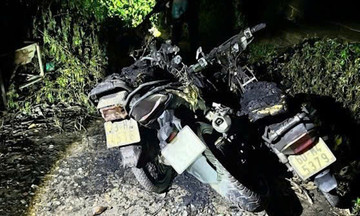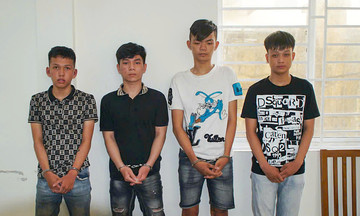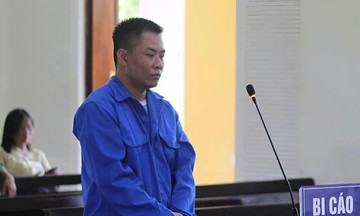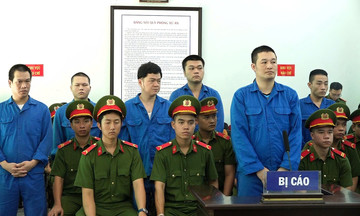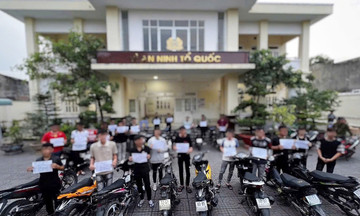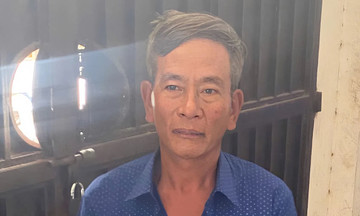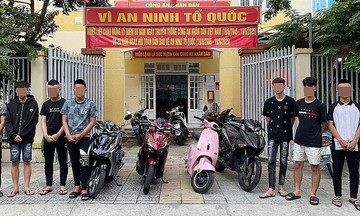On 3/7, the Presidential Office held a press conference announcing laws passed by the National Assembly during its 9th session, including the amended Law on Inspection.
A key change empowers the Government Inspectorate to review concluded cases by the Ministry of National Defense Inspectorate, Ministry of Public Security Inspectorate, State Bank Inspectorate, Cryptography Inspectorate, inspectorates established under international treaties, and provincial inspectorates if signs of legal violations are detected.
The Chief Inspector of the Government will decide on such reviews.
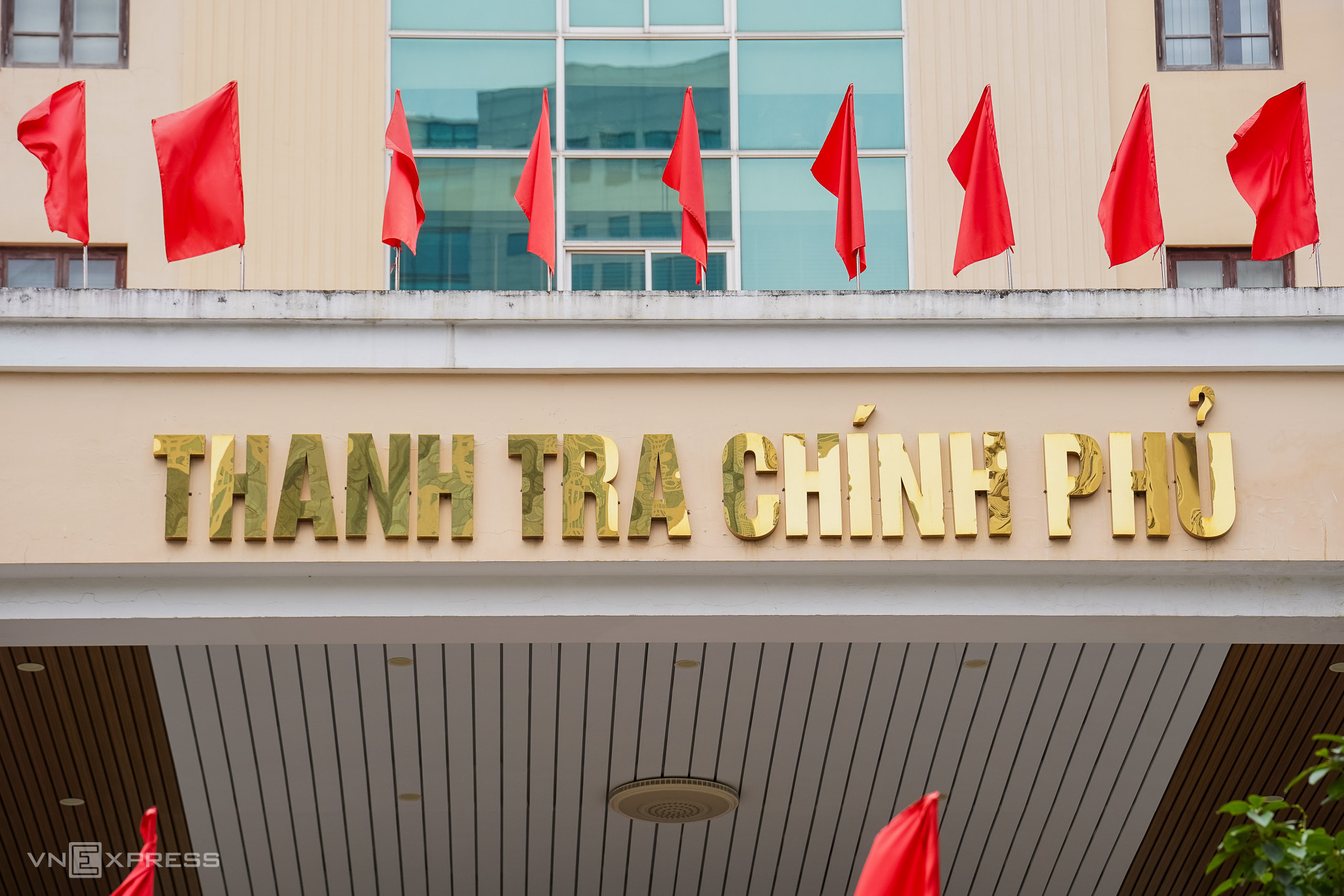 |
Headquarters of the Government Inspectorate in Hanoi. Photo: Hoang Giang |
Headquarters of the Government Inspectorate in Hanoi. Photo: Hoang Giang
A review will be conducted if any of five signs of legal violations are present: serious breaches of authority in issuing inspection decisions, procedural errors during the inspection process; misapplication of law in inspection conclusions; inconsistencies between the conclusions and evidence gathered; deliberate falsification of case files or intentional unlawful conclusions by inspectors; or serious legal violations by the inspected entity that were not fully uncovered during the initial inspection.
The statute of limitations for these reviews is two years from the date of the inspection conclusion.
The amended Law on Inspection, effective from 1/7, contains 9 chapters and 64 articles, focusing on decentralization and delegation of authority in inspection activities, according to Deputy Inspector General Le Tien Dat.
The law standardizes inspection activities, eliminating the distinction between administrative and specialized inspections. The Government Inspectorate, provincial inspectorates, and other inspection agencies will follow a unified procedure outlined in the law and its guiding decrees.
This amendment also establishes mechanisms for coordination and resolution of overlaps between inspection, state audit, investigation, prosecution, and other control activities.




